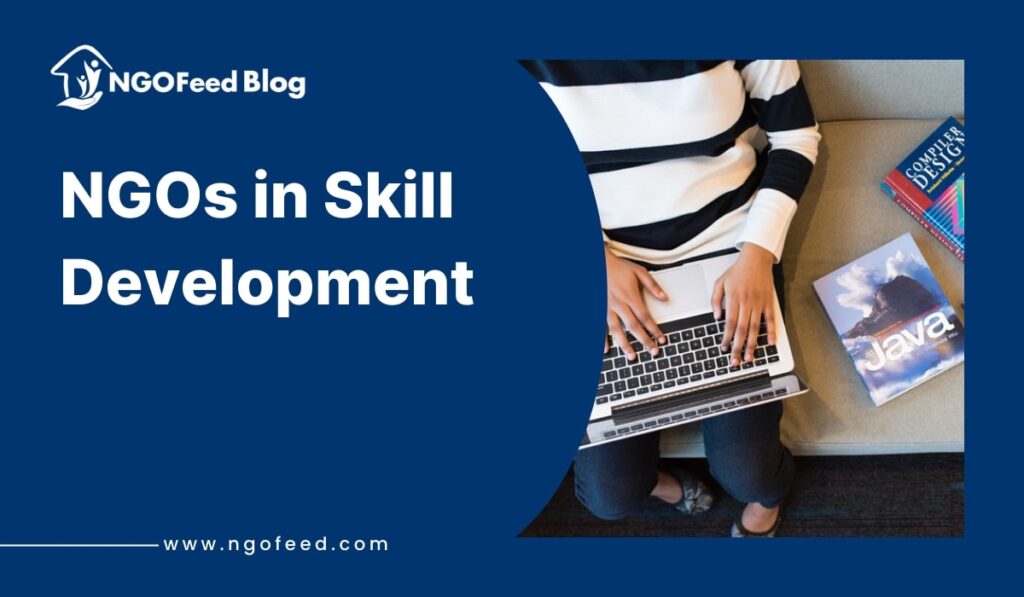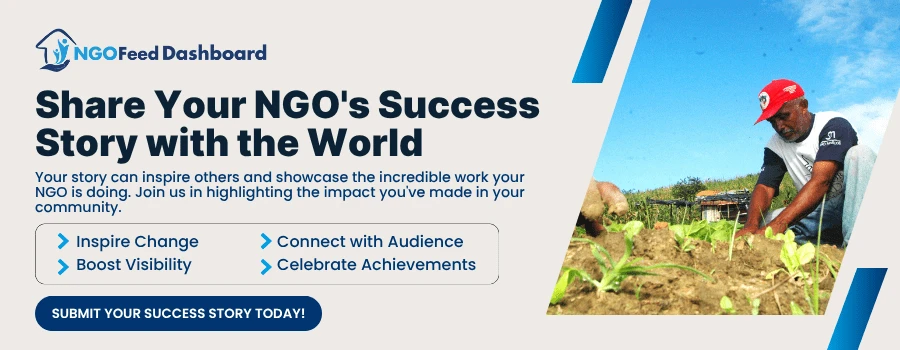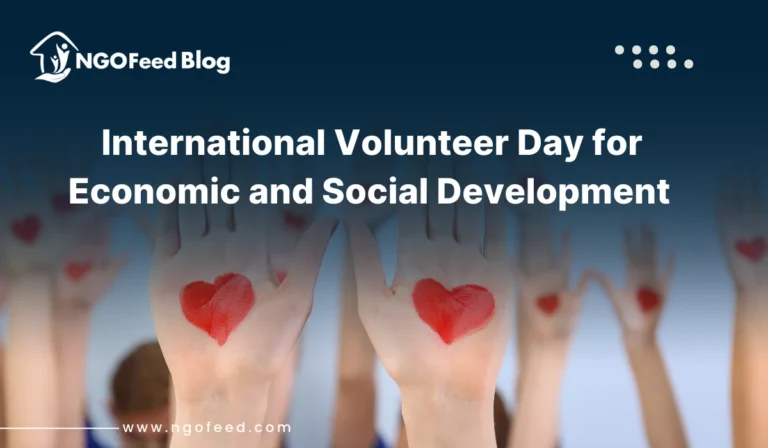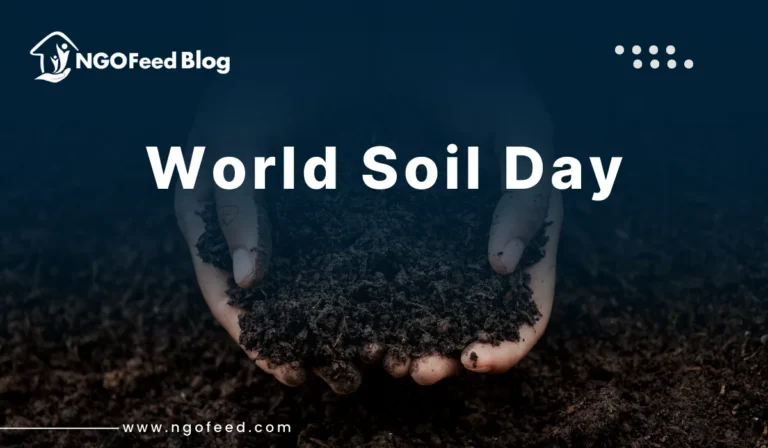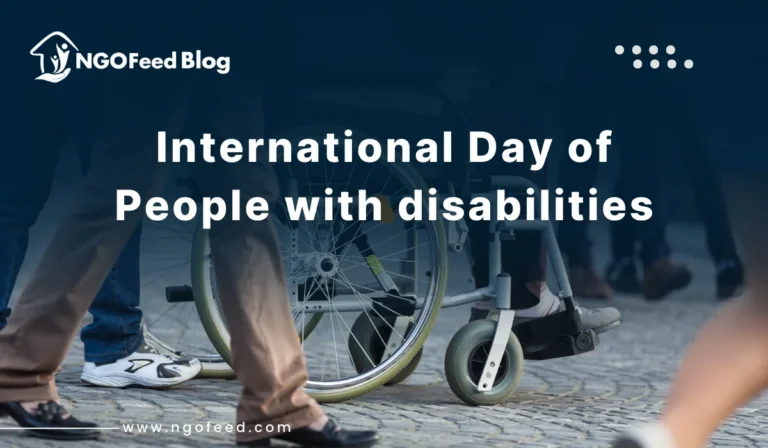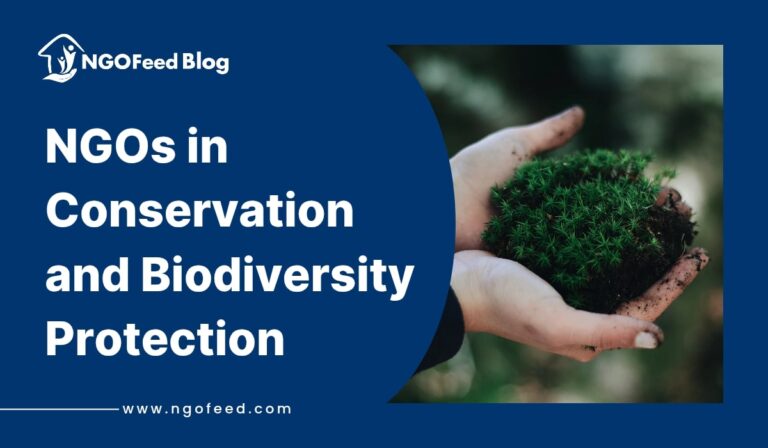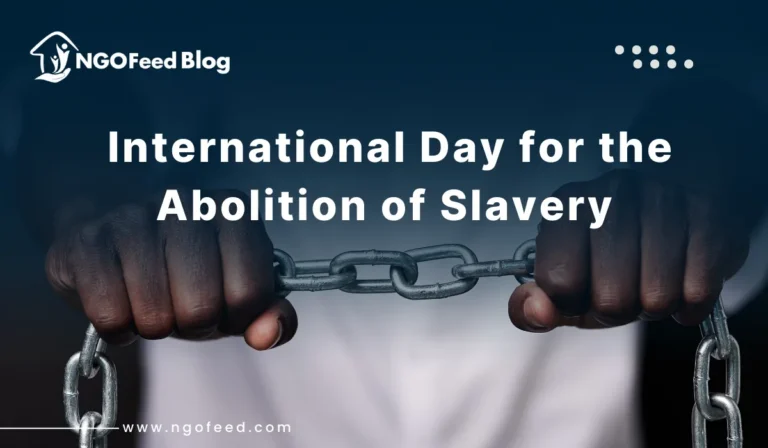NGOs in Skill Development: In today’s world, things change so quickly that sometimes it feels like people’s skills just aren’t enough for what’s needed. That’s where NGOs come in. With a significant youth population, the empowerment of this demographic is not just a choice but a necessity. Non-Governmental Organisations (NGOs) have taken up this responsibility with dedication and enthusiasm, guided by unwavering principles.
Think of NGOs as skilled teachers and mentors who help people learn new skills that match the job market’s needs. Whether it’s helping someone learn how to use new technology, teaching trades, or providing job training, they’re making sure that people are ready for a bright and shining future.
They don’t just hand out information; they build programs that fit real-world needs and support people throughout the process.
By doing this, NGOs are not only helping individuals but also strengthening communities and economies.
Table of Contents
What does the term NGOs in Skill Development convey?
In the vibrant mosaics of India’s social landscape, Non-Governmental Organisations (NGOs) stand out as the pillars of change, actively contributing to the nation’s progress. One of the critical facets of their work is skill development, a catalyst for economic growth and social upliftment.
They are specifically focused on helping individuals acquire, enhance, or upgrade their skills. These organisations operate independently of government control and often work in areas where traditional systems might be lacking or where they can provide specialised support.
Role of NGOs in Skill Development
1. Identifying Needs
NGOs evaluate community and individual needs to determine which skills are lacking or required. They frequently target underserved or marginalised groups, where the skills gap is most severe.
2. Design and Delivery of Training
They develop and provide training programs that are suited to specific needs. This could involve vocational training, workshops, online courses, or hands-on skill development activities.
3. Providing Resources
NGOs provide the required learning tools and resources, such as training materials, equipment, and, in some cases, access to technology.
4. Providing Guidance and Support
They provide career counselling, coaching, and support services to help people manage their learning journeys and effectively utilise their new abilities.
5. Forging Partnerships
NGOs work with corporations, educational institutions, and government agencies to keep their programs relevant and broaden their reach. These collaborations frequently help to get financing, resources, and job placement chances.
Objective of NGOs in Skill Development
- To provide young people with the required knowledge and skills to excel in the employment market, notably in technology, communication, and entrepreneurship.
- To provide a flexible learning environment that meets the unique requirements of young people, regardless of their educational background.
- To foster the development of practical knowledge and hands-on skills which are in high demand by employers.
- To encourage an entrepreneurial and innovative culture among young people, encouraging them to start their own businesses and create jobs for themselves and others.
- Form collaborations with educational institutions, government agencies, and business sector organisations to ensure that the program is tailored to the requirements of the local community.
Impact Created by NGOs in India
1. Enhanced Employability
NGOs help individuals acquire relevant skills and certifications, improving their chances of finding employment. By offering training that matches industry needs, they help bridge the gap between job seekers and employers.
2. Economic Growth
As individuals gain new skills, they can secure better-paying jobs or start their own businesses, which contributes to local and national economic growth. Skilled workers often drive innovation and productivity.
3. Empowerment of Marginalised Groups
NGOs often target marginalised or underserved communities, including women, youth, and low-income individuals. By providing these groups with skills and opportunities, they promote social inclusion and economic equality.
4. Community Development
Skilled individuals contribute to the growth of their communities by creating businesses, providing services, or engaging in local initiatives. This can result in enhanced community infrastructure and services.
5. Higher self-esteem and confidence.
Learning new talents can enhance people’s self-esteem and confidence, which can benefit both their personal and professional lives. Individuals who feel empowered are more likely to take the initiative and pursue new chances.
NGOs Working For The Same Motive
Kshamata
It is dedicated to empowering women and adolescent girls are making profound changes in the lives of those who are often at risk of exploitation and marginalisation. Its work is centred on creating a safe and supportive environment where women and girls can break free from cycles of abuse and poverty. Through advocacy, education, and direct support services, it helps individuals escape these situations and secure their rights and safety.
Seva Sahayog Foundation
The Seva Sahayog Foundation is dedicated to transforming the lives of people living in urban slums by addressing key areas of need: education, livelihood, health, and environment. Their multifaceted approach aims to create sustainable improvements and uplift entire communities. Their efforts span key areas of education, livelihood, health, and environment, ensuring that the impact is both profound and sustainable.
Inchara Foundation
The INCHARA Foundation is dedicated to supporting and rehabilitating victims of sexual abuse and violence, offering a holistic approach to recovery and empowerment. Their work encompasses safe shelter, trauma therapies, education, and skill development, all aimed at fostering self-dependency and restoring dignity.
ActionAid Association
ActionAid Association is committed to creating a just and equitable world by focusing on several core areas: enabling human rights for girls, women, and children, promoting community control over natural resources, democratising society and the economy, and providing support during crises. Their work is rooted in the belief that lasting change requires a multifaceted approach.
Udyogini
Udyogini is dedicated to empowering landless women and small landholders by implementing a range of initiatives designed to enhance their skills, introduce value chain interventions, and create a supportive environment. Their work focuses on fostering economic independence, improving livelihoods, and promoting sustainable agricultural practices.
Conclusion
In conclusion, skill development is an indispensable aspect of our NGO’s mission. By recognizing the need to bridge the gap between education and employability, they empower individuals to break free from the constraints of limited opportunities and unlock their full potential.
Through skill development initiatives, they reduce unemployment, foster entrepreneurship, promote social inclusion, and adapt to the demands of a rapidly evolving job market. Our relentless pursuit of skill development reflects our commitment to building a better future for individuals, communities, and society as a whole.

